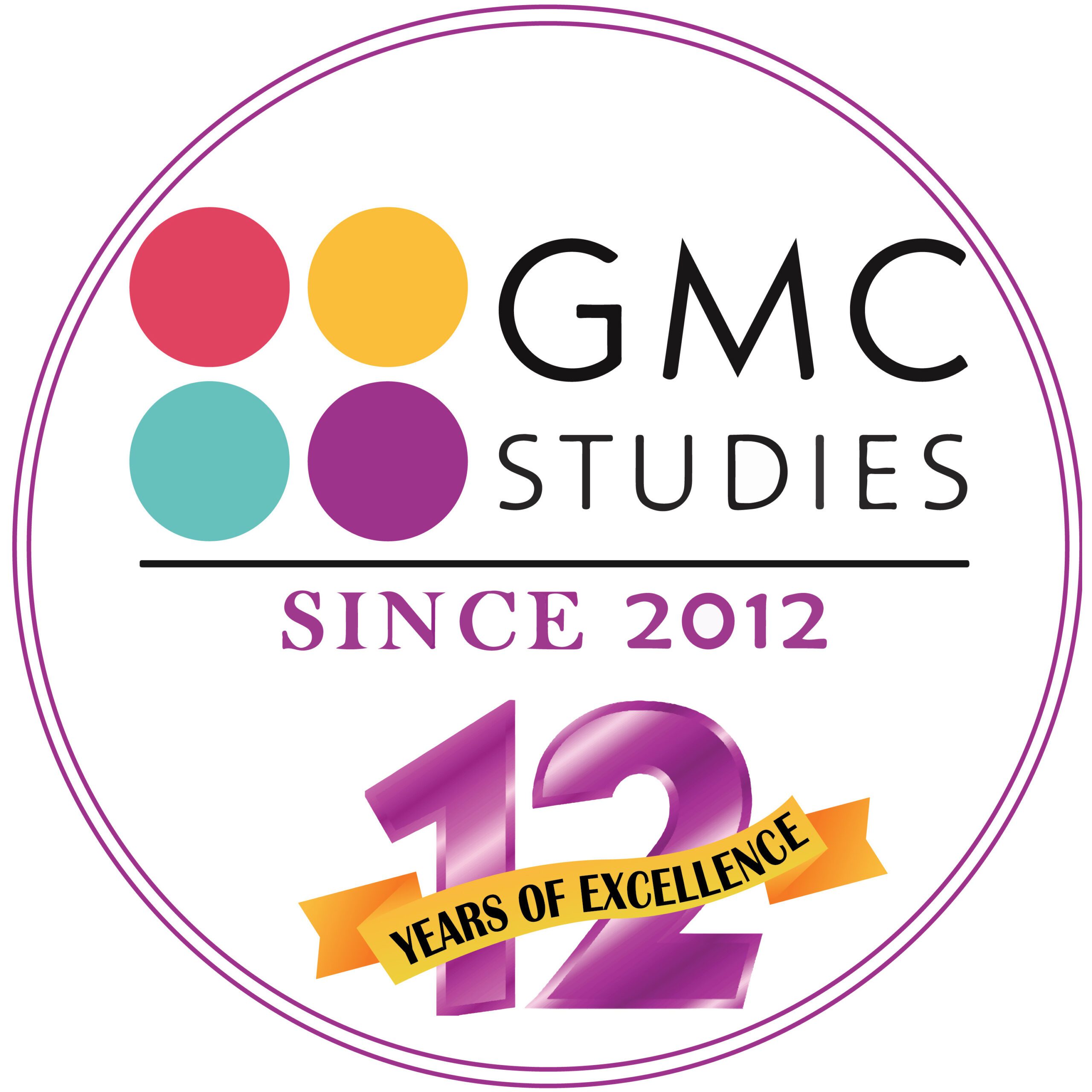
A Complete Guide to Study Abroad Scholarships Guidance
Studying abroad can be a transformative experience, but it often comes with significant financial implications. Scholarships play a crucial role in making studying abroad more accessible and affordable for students worldwide. In this comprehensive guide, we’ll explore the various types of study abroad scholarships, provide guidance on finding and applying for scholarships, and offer tips for maximizing your chances of success.
1. Understanding Study Abroad Scholarships
-
- Merit-Based Scholarships: Awarded based on academic achievement, extracurricular involvement, leadership potential, and other criteria.
- Need-Based Scholarships: Awarded to students with demonstrated financial need, often based on family income, assets, and expenses.
- Diversity Scholarships: Aimed at promoting diversity and inclusion by supporting students from underrepresented backgrounds, including minorities, women, LGBTQ+ individuals, and students with disabilities.
- Destination-Specific Scholarships: Offered by governments, universities, organizations, or foundations in specific countries or regions to attract international students.
- Subject-Specific Scholarships: Targeted towards students studying particular fields or disciplines, such as STEM (Science, Technology, Engineering, Mathematics), humanities, social sciences, or the arts.
2. Finding Study Abroad Scholarships
-
-
- Research Online Databases: Explore reputable scholarship databases and search engines dedicated to study abroad funding opportunities, such as scholarships.com, Fastweb, Chegg, and College Board’s Scholarship Search.
- Consult University Websites: Visit the websites of universities and colleges abroad to explore scholarship offerings for international students. Many institutions provide information on merit-based, need-based, and other scholarship options available to incoming foreign students.
- Check Government Programs: Research scholarship programs offered by governments and educational agencies in your home country and host country. Many governments offer scholarships for international students to study abroad as part of their cultural exchange or educational cooperation initiatives.
- Explore Private Organizations: Look for scholarships offered by private organizations, foundations, corporations, and non-profit entities supporting education and international exchange. These organizations may have specific eligibility criteria, application requirements, and deadlines.
-
3. Applying for Study Abroad Scholarships
-
- Read Eligibility Criteria Carefully: Review scholarship eligibility requirements, including academic qualifications, citizenship status, field of study, GPA, language proficiency, and financial need.
- Prepare Application Materials: Gather required documents, such as transcripts, letters of recommendation, personal statements, essays, resumes or CVs, and proof of financial need (if applicable).
- Follow Application Instructions: Pay close attention to scholarship application instructions and deadlines. Submit all required materials accurately and within the specified timeframe.
- Craft Compelling Essays: Write persuasive essays or personal statements that highlight your academic achievements, career aspirations, leadership experiences, community involvement, and reasons for studying abroad.
- Secure Strong Recommendations: Request letters of recommendation from teachers, professors, employers, or mentors who can attest to your qualifications, character, and potential for success.
4. Maximizing Scholarship Success
-
- Start Early: Begin your scholarship search and application process well in advance to ensure you have sufficient time to research opportunities, gather materials, and submit applications.
- Apply Widely: Cast a wide net and apply for multiple scholarships to maximize your chances of receiving funding. Don’t limit yourself to a few scholarships; explore a variety of options and pursue as many opportunities as possible.
- Tailor Applications: Customize your scholarship applications to align with the specific requirements and preferences of each scholarship provider. Tailor your essays, recommendations, and other application materials to address the unique criteria of each scholarship.
- Seek Feedback: Seek feedback on your scholarship application materials from teachers, advisors, or peers. Reviewing and refining your essays and application materials can improve their quality and effectiveness.
- Stay Organized: Keep track of scholarship deadlines, application requirements, and submission statuses to ensure you don’t miss any opportunities. Create a calendar or spreadsheet to manage your scholarship applications effectively.
Conclusion
Study abroad scholarships offer valuable financial support to students pursuing international education opportunities. By understanding the types of scholarships available, actively searching for opportunities, carefully preparing application materials, and following best practices for scholarship applications, you can increase your chances of securing funding for your study abroad journey. Remember to start early, apply widely, tailor your applications, seek feedback, and stay organized throughout the process. With dedication, perseverance, and guidance from resources like GMC Studies, you can turn your study abroad dreams into reality.


